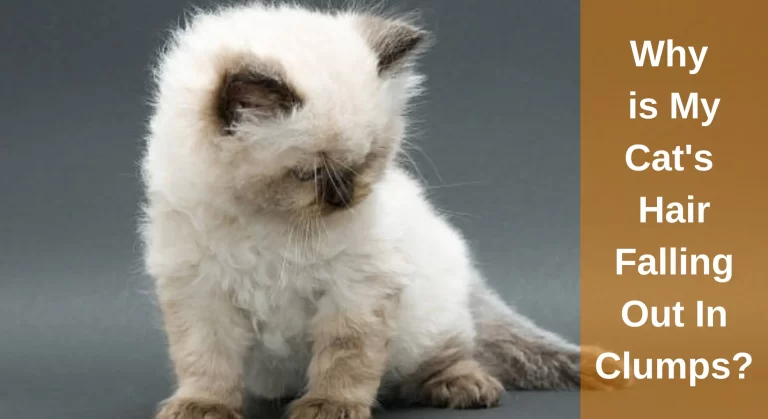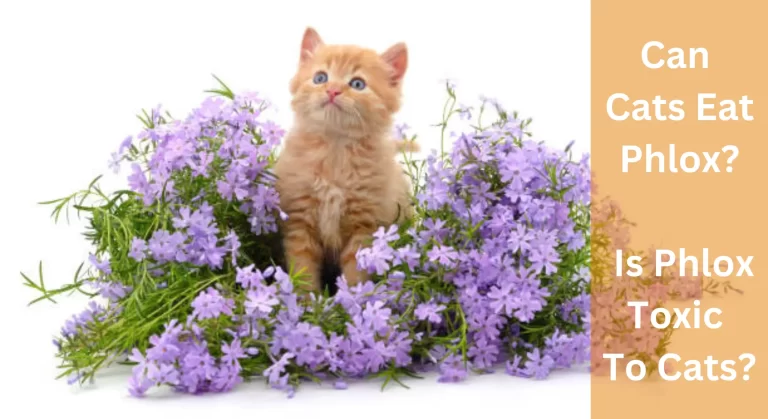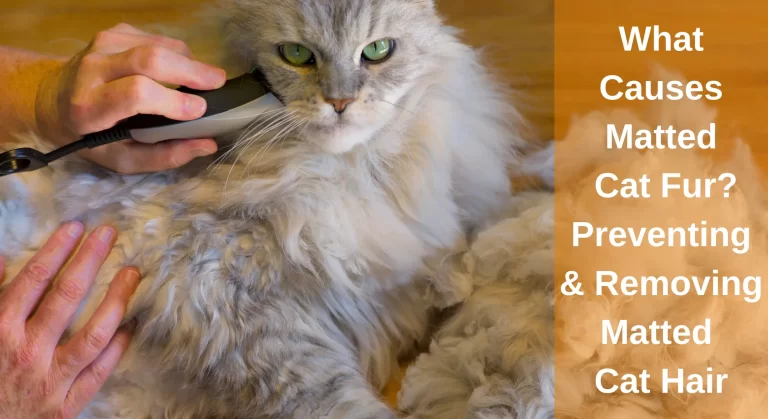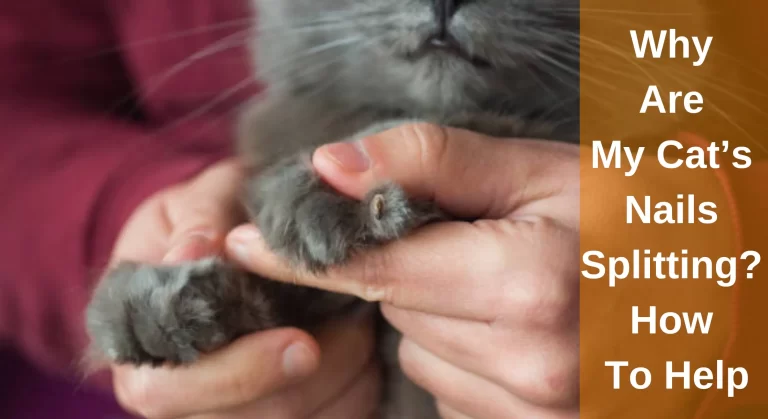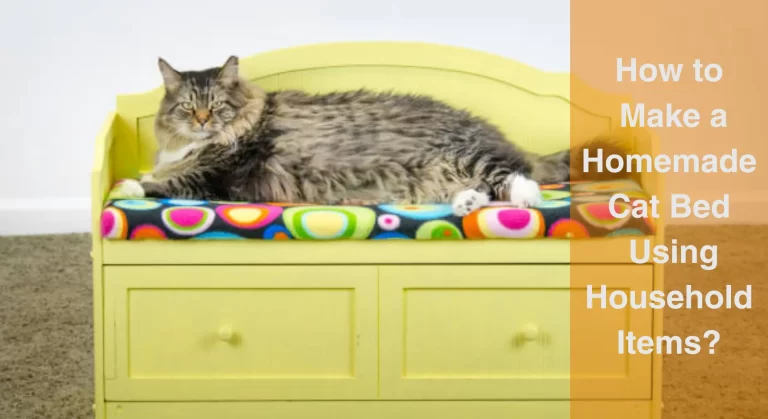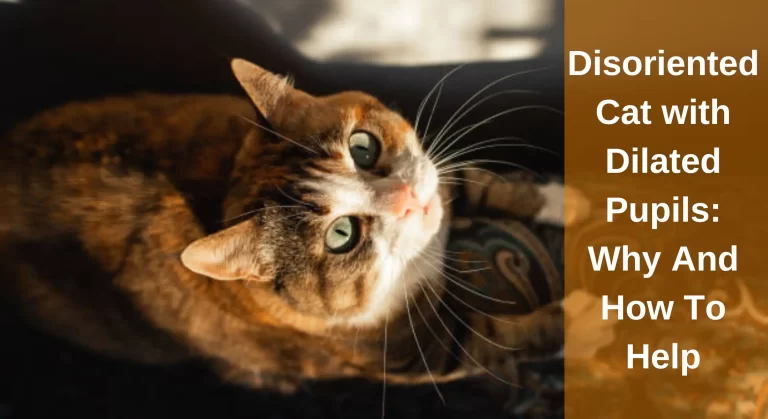Can I Use Baby Wipes On My Cats? Is it Safe? [Answered]
Cats are extraordinarily clean animals who frequently groom themselves. They work on it for around five hours every day. However, cats occasionally stop grooming, roll in messes, and lose a lot of furs. So, to give them proper care is our responsibility.
Can I use baby wipes on my cats? The simplest answer is NO, baby wipes are not safe for cats. The reason for this is that even the mildest unscented baby wipes contain some sort of chemicals that is harmful or unpleasant for your cat. Even if they are not poisonous, you can keep your cat cleaner in a much more effective way.
In this article, we’ll cover everything you need to know about using baby wipes on your cats, including their safety, effectiveness, and alternative options.
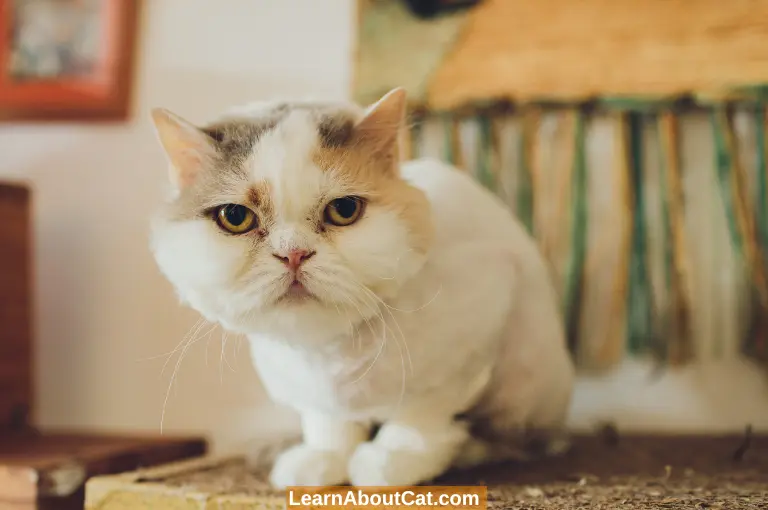
What are Baby Wipes?
Baby wipes are moistened cloths that are used to clean babies during diaper changes. They are typically made of soft and gentle materials, such as cotton or bamboo, and they are often infused with gentle cleansing agents that are designed to be safe for sensitive skin.
Do Baby Wipes Hurt Cats?
Yes, baby wipes can potentially hurt cats if ingested. Cats are meticulous groomers and will often lick or chew on their fur, which may cause them to ingest any substances that were used to clean their coats.
Baby wipes may contain fragrances or chemicals that can be harmful to cats if ingested and can cause serious health problems for your cat, including digestive issues and intestinal blockages, so it’s best to avoid using them on cats altogether.
Find Out: Can I Use a Human Toothbrush on My Cat?
Can Baby Wipes Be Used on Cats?
While baby wipes may be safe for human babies, they may not be safe for cats. This is because cats have a different pH balance than humans, and their skin is more sensitive. Using baby wipes on cats can cause irritation, dryness, or even an allergic reaction.
Cleaning your cat with a damp towel or cloth is perfectly safe, regardless of the wipe’s texture. Cleansing itself or the wipe itself does not harm your cat; it is what’s contained within it that causes harm.
Understanding the Risks of Using Baby Wipes on Cats
There are several risks associated with using baby wipes on cats. First, as mentioned above, the pH balance of a cat’s skin is different from that of a human.
Baby wipes are designed for human skin, which has a pH balance of around 5.5. In contrast, the pH balance of a cat’s skin is closer to 7.0. Using baby wipes on cats can disrupt their natural pH balance and cause skin irritation.
The second main reason for this is that baby wipes are loaded with chemicals and cleaning agents. They can be risky when applied externally, and they become considerably worse if your cat accidentally eats one.
What Happens If I Use Baby Wipes On My Cat?
Never use baby wipes on a cat’s face, ears, eyes, paws, or any other part of its body as it’s not safe for them.
Despite the fact that they may seem like a cost-effective and convenient alternative to cleaning products designed specifically for cats, baby wipes are not healthy for cats since they include a number of hazardous chemicals that can cause skin irritation, redness, and even chemical burns in cats. These chemicals can also be harmful if your cat ingests the wipe or licks their fur after being wiped with it.
In addition to the potential harm caused by the chemicals in baby wipes, they can also strip your cat’s fur of its natural oils, leading to dryness and irritation. Skin infections and other skin problems can be exacerbated by this.
Risky Elements for Cats That Generally Make Baby Wipes
Cats have sensitive skin and are prone to allergies and skin irritations, which can be exacerbated by the chemicals in baby wipes. The following are some elements in baby wipes that might be harmful to your pet:
Aloe vera – Aloe is often used to cure sunburn and soothe irritated skin in humans, however, it is fatal to cats.
Aromas – Lavender, fragrances, and other scents are all used to give baby wipes a seductive aroma. Other scents and fragrances can make your cat ill, and lavender is fatal to cats.
Soaps– When used to clean your baby’s skin, baby wipes include a range of soaps and detergents that, when applied directly to your cat’s skin, can irritate it and, if swallowed, can upset its stomach.
Propylene glycol- This chemical commonly results in skin rashes and discomfort. If your cat ate it, it would be terrible.
Triclosan– While not all baby wipes include the antibiotic chemical triclosan, enough do for us to highlight it. Cats should stay away from this dangerous chemical cleaner.
Safe Alternatives to Baby Wipes for Cats
It is impossible to dispute the usefulness of using baby wipes. Since baby wipes are harmful to cats, let’s have a look at a few alternatives that offer a comparable degree of comfort without putting your cat at risk.

1. Cat wipes
There are special wipes designed specifically for cats that are safe and gentle. These wipes are pH balanced for feline skin and are free of fragrances and harmful chemicals.
Naturally, giving your cat a thorough bath is definitely the best approach to get them clean, but it takes a lot of time, effort, and mess. You might attempt these easy approaches as an alternative.
2. Dry Shampoo
It is an excellent method to clean up a grubby cat without making the usual mess that comes with bathing. Simply apply some dry shampoo to your cat’s coat and thoroughly massage it in.
Then, use a standard grooming brush to brush your cat. These dry shampoos provide a far quicker option than washing and are completely safe for your cat. There are several dry shampoos available for cats, but Burt’s Bees Waterless shampoo for cats is inexpensive and effective.
3. Paper Towel
Even while they don’t quite have the same cleaning power as wet wipes, a damp paper towel or cloth may usually take the place of wet wipes for basic cleaning needs without endangering your cat.
If plain water isn’t strong enough, combine one tablespoon of baking soda with six glasses of water for a secure yet effective cleaner.
4. Baking Soda
Try soaking the towel in a solution composed of baking soda and water if using a moist towel or cloth doesn’t help. Baking soda will aid in removing any obstinate residue because of its ability to adhere to dirt, oils, and scents.
5. Bathing
Sometimes using wipes, wiping with a damp cloth, or combing your cat’s fur simply isn’t going to cut it. It’s time to visit the dreaded bathtub in this situation. Given that cats dislike water, they might not immediately respond well to a bath. However, if you routinely wash your cat, they will quickly realise there is nothing to be afraid of.
6. Hairbrush
Alternatively, you may groom your cat the conventional way by using cat brushes as regular brushing can help to keep your cat clean.
Always brush your cat’s coat in the direction of hair development and be gentle as you move the brush through their fur.
Why Aren’t Baby Wipes Safe For cats?
It seems that the main ingredient of a baby wipe, water, won’t harm your cat. All additional compounds, such as detergents and surfactants, preservatives, moisturising agents, and occasionally synthetic or natural scents, are transported by water in baby wipes.
Here is a closer examination of the elements in baby wipes that make them harmful to your pet and maybe even your child.

1. Surfactants
The fact that baby wipes are primarily used to clean the skin should not come as a surprise as they do include cleaning ingredients. These molecules, which go by the name of surfactants, remove dirt and oils from the skin by firmly adhering to them as you wipe.
Surfactants may, unfortunately, adhere to lipids in the skin’s membrane and suck them out, which, if applied frequently, might damage the skin barrier.
As a result, dryness and irritation could happen. A cat’s thinner skin barrier makes it easier for toxins to enter the body, which raises the risk of illness.
2. Propylene Glycol and Polyethylene Glycol
Baby wipes generally include Polyethylene glycol and propylene glycol to help hydrate skin and stop it from drying out.
This could appear more like a gain than a drawback because the majority of issues with baby wipes are brought on by excessive skin dryness. The less desired function of these two chemicals is to enlarge the skin’s pores.
3. Preservatives
There are many different types of preservatives, and some are worse than others for the skin and overall health of your cat. Preservatives are added to baby wipes to stop the formation of germs and mould.
Unfortunately, it might be difficult to fully understand the preservatives that wipe contain due to their extensive chemical names.
4. Parfums & Fragrances
It’s wonderful that so many baby wipes are fragrance- or odour-free. Huggies Nourish & Care wipes are one example of a fragrance product that cat owners should avoid using.
The specific chemicals used to make these artificial fragrances are not obliged to be listed by law, hence this information is typically not clearly shown on the box. These compounds may cause skin dryness or respiratory system irritation, though.
5. Triclosan
Triclosan has been used as an antibacterial agent to stop the spread of germs since many over-the-counter antibacterial remedies, such as wipes, hand sanitiser, and toothpaste were created.
Additionally, it used to be in antibacterial hand and body washes, but an FDA new rule announced in 2016 prohibited its use in wash-off products.
You should clean your cat after usage since even exposure to very low concentrations of this ingredient might cause problems. Your cat may readily absorb the substance during self-grooming.
Can You Clean Cats With Baby Wipes? What You Should Understand?
Cats tend to be quite independent animals. They take care of their own grooming and bathing most of the time; you just need to sometimes assist them.
It may appear simple and easy to provide some aid by using pet wipes to help remove any debris caught in your cat’s fur or to help remove a few faeces from their behinds.
Baby wipes might actually be quite harmful to cats. They include a lot of chemicals that are okay for people but might be bad for the health of your cat.
Tips for Cleaning Your Cat Safely and Effectively
When cleaning your cat, there are a few tips you should keep in mind to ensure their safety and effectiveness of the cleaning:
- Always use products that are specifically designed for cats
- Avoid using products that contain chemicals and fragrances
- Use a soft cloth or cat wipes to avoid irritation to your cat’s skin
- Always supervise your cat while cleaning to ensure they don’t ingest any cleaning products
Frequently Asked Questions
Is it safe to use baby wipes on kittens?
No, it’s not safe to use baby wipes on kittens as they have more sensitive skin than adult cats.
Can I use unscented baby wipes on my cat?
While unscented baby wipes may be safer than scented ones, it’s still not recommended to use them on cats as they may contain chemicals that are harmful to felines.
Can I use human shampoo on my cat?
No, human shampoo is not safe for cats. Cats have different skin pH levels and require specialized pet shampoos that are formulated to be safe for their skin.
Is it safe to use wet wipes on my cat’s paws?
It’s best to avoid using wet wipes on your cat’s paws unless they are specifically formulated for pets. There are some ingredients in wet wipes that can be harmful when ingested or absorbed by cats.
Final Thoughts!
Using baby wipes is dangerous for cats as they include a lot of chemical substances that may irritate the skin, cause respiratory issues, or even be dangerous. If your cat accidentally drinks any of the drugs, then worse issues might arise.
Suitable alternatives are readily accessible, such as cat cleaning wipes safe for pets. Regular brushing can also help your cat stay clean over time. To clean particular places, you might alternatively use a wet cloth or a piece of paper. If not, it might be best to just go ahead and bathe your cat.
Who is Isabella?
My name is Isabella, and I am a dedicated and knowledgeable cat enthusiast. With years of experience caring for cats and a deep love for felines, I made a mission to help other cat lovers navigate the challenges of cat ownership.

